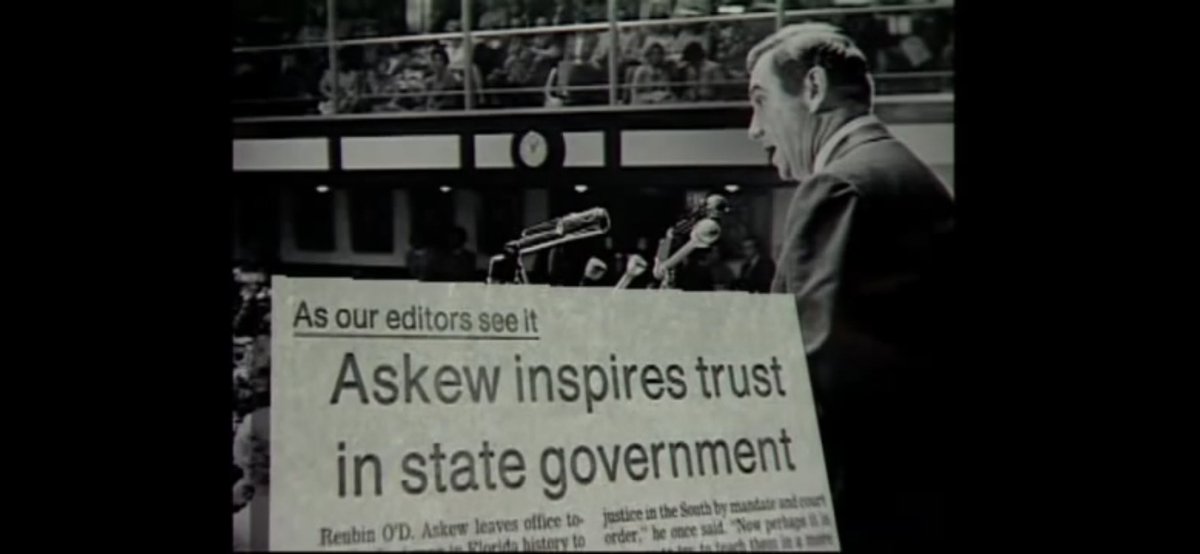
Lost Horizon won two technical Oscars, but bombed at the box office, but in 1938 the down-to-earth comedy drama You Can't Take it with You topped the box office and won Best Pic. In 1933 he had had his first go at a potential Oscar-winner with The Bitter Tea of General Yen, only for that picture to be ignored and the more modest It Happened One Night to win the plaudits the following year. It appears that Capra, always out for glory, was out to make his second Academy Award Best Picture. Lost Horizon is indeed a wondrous picture, and one that fulfils its mission statement of being both sweeping and soul-stirring. The only disappointing performance is that of John Howard, who is overwrought and hammy, but even this works in a way as it makes his antagonistic character seem to be the one who is out of place. It's unusual to see comedy player Edward Everett Horton in a drama like this, and comedy players in dramas could often be a sour note in 1930s pictures, but Horton is such a lovable figure and just about close enough to reality to pull it off. Warner and Thomas Mitchell give great support. His face, an honest smile but such sad eyes, seems to be filled with all that hope and longing that Lost Horizon is about. Now middle-aged, but still possessed with enough charm and presence to carry a movie, Colman has a slow subtlety to his movements which is nevertheless very expressive. There couldn't really have been anyone better than Ronald Colman for the lead role. Of course such techniques would be nothing without a good cast. In this way we are given to just one facet a character's emotional experience, and it becomes all the more intense for that. At other times Capra will go for the opposite tack, and hold someone in a lengthy close-up.

The camera hangs back, just allowing Colman's body language to convey feelings. But rather than separate us from the people it is done in such a way as to give a kind of respectful distance at times of profound emotion, for example when Ronald Colman comes out of his first meeting with the High Lama. In some places Capra's camera seems a trifle distant, and is almost voyeuristic as it peeps out through foliage or looming props.

#Coolmathgames.com last horizon how to#
But he also knows how to bring out a touching human story. Capra could be a great showman, composing those beautiful iconic shots to show the magnificent Stephen Goosson art direction off to best advantage. Thank goodness for director Frank Capra, who seemed really able to balance this sort of thing. Lost Horizon sees what was for the time a rare marriage between burgeoning picture scope, in what was "poverty row" studio Columbia's most expensive production to date, and poignant intimacy in the source novel by James Hilton. But the 30s were also a decade of highly emotional and humanist cinema, fuelled by the hardships of the great depression. The second half of the 1930s saw the return of the big picture - bigger budgets, grander ideas, longer runtimes in which to tell a story.


 0 kommentar(er)
0 kommentar(er)
